Aims and Scope
Nowadays, the global vision is the progressive migration towards smart cities in order to enhance the citizen life and to encounter many problems induced by population growth and increased urbanization, such as traffic congestion, air pollution, etc. These smart environments can be viewed as interconnection of wide-scale cyber-physical systems, with sensors monitoring cyber and physical indicators to collect diverse information from the surrounding environment and with actuators dynamically changing the complex urban environment in some way. Through such systems, many innovative applications can be proposed in several fields of activity, such as smart living, smart mobility, smart economy, smart environment and smart governance. As human factor is involved in many applications, verifying and proving the validity and correctness of protocols and applications are crucial steps before deployment, in addition to ensuring other paradigms such as scalability, energy saving, resource constraints, etc. In this context, several methods and approaches of Distributed Computing are exploited in software and hardware to propose new approaches able to support and analyse the huge amount of collected information and to deal with the control of these emerging networks.
The workshop aims to be a majorforum for researchers and practitioners, interested in the design, development and evaluation of distributed systems, platforms and architectures for Cyber Physical Systems in the context of smart cities. Highlights of the workshop will include a high quality single-track technical program and an invited speaker.
Main Topics of interest
Authors are invited to submit original and unpublished contributions inall aspects of Distributed Computing applied to CPS and to real cases in the context of emerging networks. Topical areas of interest are, but not limited to, the following:
- Self-organization, self-stabilization, self-healing and autonomic computing for CPS
- Distributed algorithms for emergent wireless networks
- Communication and networking distributed protocols for emergent wireless networks
- Artificial intelligence and machine learning applied to Cyber Physical Systems and smart cities applications
- Machine intelligence in Cyber Physical Systems and real time analytics
- Optimization, approximation methods for Cyber Physical Systems and smart cities applications
- Security and privacy of distributed systems in the context of CPS
- Modelling and performance evaluation
- Performance analysis : complexity, correctness, scalability
- Robustness, fault-tolerance, scalability and real-time in the context of CPS
- Verification and validation of algorithms and applications in the context of CPS
- Network virtualization and software-defined wireless networks
- Cognitive communications and networking
- Mobile fog/edge/cloud computing
- IoT Computing and Networking and applications
- Context-awareness in wireless, mobile networks
- Energy-Efficient Designs
- Smart city applications: e-health, smart transportation,…
- Wireless and Mobile Networks: Adhoc networks, VANET, WSN, 5G,…
- Signal processing and applications in the context of smart city applications
Paper Submission:
Author Notification: May 01, 2023
Camera-ready Copy Submission: May 09, 2023
Author Registration: May 15, 2023

The DiCES-N 2023 proceeding will be published by Springer in the Communications in Computer and Information Science series CCIS (http://www.springer.com/series/7899).
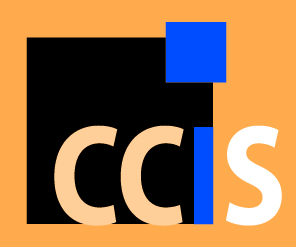
Indexing: The books of this series are indexed in Scopus, DBLP, Google Scholar, EI-Compendex, Mathematical Reviews, SCImago.
Previous Editions :
DiCES-N19
Workshop Committee
General co-chairs
Imen Jemili, Dr. (HDR) University of Carthage, Tunisia
Mohamed Mosbah, Pr. Bordeaux INP, France
TPC co-chairs
Sabra Mabrouk, Dr. University of Carthage, Tunisia
Leo Mendiboure, Dr. University Gustave Eiffel, France
Local organization
Soumaya Dahi, Dr. University of Carthage, Tunisia
Emna Ben Salem, Dr. University of Carthage, Tunisia
Publicity chair
Zeineb El Khalfi, Dr. CESI, France soumaya.dahi(at)fsb(dot)u-carthage(dot)tn or zelkhalfi(at)cesi(dot)fr
Program Committee
Salma Batti, University of Carthage, Tunisia Anis Ben Aicha, University of Carthage, Tunisia Raoudha Beltaifa, University of Manouba, Tunisia Lotfi Ben Othmane, Iowa State University, USA Ismail Berrada, Mohammed VI Polytechnic University, Morocco Afaf Bouhoute, SMBA University, Morocco Luca Davoli, University of Parma, Italy Kamal E Melkemi, University of Batna 2, Algeria Ahmed EL Oualkadi, National school of applied sciences of Tangier, Morocco Secil Ercan, Gustave Eiffel University, France Tahani Gazdar, University of Jeddah, KSA Maha Jebalia, SUP'COM, Tunisia Moez Krichen, Albaha University, KSA Hela Mahersia, University of Carthage, Tunisia Sassi Maaloul, COSYS-ERENA, Université Gustave Eiffel, Bordeaux, France. Bacem Mbarek, Masaryk University, Czech Republic Dorsaf Omri, ENIT, Tunisia Ashish Rauniyar, SINTEF Digital, Norway Gautam Srivastava, Brandon University, Canada Haifa Touati, University of Gabes, Tunisia Mohamed Tounsi, Umm Al-Qura University, Mecca, Saudi Arabia ...
Submission Guidelines
Authors are invited to submit original and unpublished contributions for this workshop. Submissions must not be currently under consideration somewhere else.
Authors should consult Springer’s authors’ guidelines and use their proceedings templates, either for latex or for Word, for the preparation of their papers (Springer’s proceedings LaTeX templates are available in Overleaf). Springer encourages authors to include their ORCIDs in their papers. Papers longer than 15 pages can be accepted, if justified by the quality of the content. In addition, the corresponding author of each paper, acting on behalf of all of the authors of that paper, must complete and sign a Consent-to-Publish form. The corresponding author signing the copyright form should match the corresponding author marked on the paper. Once the files have been sent to Springer, changes relating to the authorship of the papers cannot be made.
All paper submissions will be handled through the EquinOCS system. If you have used this system before, you can use the same username and password. If this is your first time using EquinOCS system, you will need to register for an account by clicking "create an account" link. Upon completion of registration, you will get a notification email from the system and you are ready for submitting your paper. You can upload and re-upload the paper to the system by the submission due date.
Camera Ready Submissions
Your contribution may be prepared in LaTeX or Microsoft Word. Technical Instructions for working with Springer’s style files and templates are provided in separate documents which can be found here.
- We need all source files (LaTeX files with all the associated style files, special fonts and eps files, or Word or rtf files) and the final pdfs of all of the papers. Please note that we cannot accept Framemaker files.
- References are to be supplied as Bbl files to avoid omission of data during conversion from Bib to Bbl. Our preferred bibliographic styles are MathPhySci (particularly for computer science) and Basic.
- Affiliations, Email-Addresses, and ORCIDs. The affiliated institutions, including town/city and country, are to be listed directly below the names of the authors. Multiple affiliations should be marked with superscript Arabic numbers, and they should each start on a new line. We encourage authors to include their ORCIDs in superscript next to their names.
Please place an envelope icon (or any other pointer) next to the name of the corresponding author, whose email address is mandatory, in the header of the paper. Email addresses should start on a new line directly under the corresponding affiliation.
We strongly recommend that all authors include their email addresses in their papers. These will be used by Springer to provide authors with a personal MySpringer account where they can download a free copy of the eBook.
REGISTRATION
All information will be sent to authors via e-mail by the organizing committee.
PROGRAM
(Final program)
May 27, 2023
| 08:00 |
Registration |
| 08:30 |
Opening |
| 08:45 |
Invited TalkChair : Pr. Akka ZemmariHabib FathallahAI Maturity Framework for National Artificial Intelligence Strategy Development. |
| 09:15 |
Invited TalkChair : Dr. Anis Ben AichaAkka ZemmariAdapting Artificial Intelligence Models to a Changing Environment. |
| 09:45 |
Session 1 : Vehicular Networks and emerging technologies Chair : Dr. Anis Ben AichaRania Swessi and Zeineb EL KhalfiShared micro-mobility: technologies, challenges and prospects of using collected. Mouaouia Guinoubi Survey on Lidar sensing technology for vehicular networks. Sana Ben Hassine, Elyes Kooli and Raafa Mraihi Real-time prediction of off-street parking spaces based on dynamic resource allocation and pricing. |
| 11:00 |
Break |
| 11:15 |
Invited TalkChair : Dr. Imen JemiliSamir OuchaniEnhancing Autonomous System Security: A Formal Framework for Assessing and Strengthening Autonomous Vehicle Defenses. |
| 11:45 |
Session 2 : Safety and security of Intelligent Transportation Systems Chair : Dr. Soumaya DahiMohamed Tounsi and Faten FakhfakhA Formal Approach for a Railway Level Crossing using the Event-B Method. Mayssa Dardour, Hend Marouane, Mohamed Mosbah, Hassen Mnif, Toufik Ahmed and Amel Meddeb-Makhlouf Securing Level Crossings with Edge Infrastructure and V2X Communications: A High-Performance Solution. Haifa Gharbi, Imen Jemili and Sabra Mabrouk Intruder vehicle detection during a platoon joining maneuver. |
| 13:00 |
Lunch |
Invited speakers
| Habib Fathallah |
- Full Professor, Computer Department, FSB, Univ. of Carthage, Tunisia. - Director of IDEA Lab: Artificial Intelligence, Data Engineering and Applications Laboratory”, College of Science of Bizerte, U. Carthage. - Former Advisor of Four Ministers of Higher Education and Scientific Research, Tunisia (2020-2023) - Former President CEO of Access Photonic Networks Inc. (Canada, 1999-2005) and co-founder/vice-director of the e-Society Technology Innovation Center (RFTONICS, KSA) (2010-2017). He received his BSc, M.S. and PhD degrees in Electrical and Computer Engineering from ENIT and Laval University (Canada), respectively in 1994, 1997 and 2001. In September 2016, he joined the Computer Department, College of Sciences of Bizerte, University of Carthage. He was with the College of Engineering of KSU, KSA (2009-2016) and Laval University (Canada) (2003-2009). He initiated and managed more than 20 Research, Innovation & Development projects involving academia and industry (Nortel Networks, Alcatel, Marconi, Keysight, EXFO, Telus Canada and BCE) in Canada and MENA. He authored 2 books, more than 160 publications, and 13 patents. His research contributions have been cited more than 2400 times with an h-index of 24. He was also member of the Board of Directors in several companies and institutions in Canada and KSA: Quebec Development Fund (CLD), APN Incorporated, RFTONICS, Pont Intercultural de Quebec, College des Entrepreneurs de Quebec (elected president) dealing with intellectual property management, technology transfer, and high-tech start-ups and participated in the establishment of two techno-poles in Quebec/Canada in photonics and homeland security technologies. His current research interests include AI, IoT, Data Science & Engineering, Data Driven Systems and Networks. Former interests include coding, Photonics, Networks, Protocol engineering, etc. |
| Akka Zemmari |
Prof. Akka Zemmari has received his Ph.D. degree from the University of Bordeaux 1, France. He is a Full Professor in computer science at the University of Bordeaux, France. His research interests include Artificial Intelligence, Deep Learning, Distributed algorithms and systems, Graphs, Randomized Algorithms, and Security. He is head of Artificial Intelligence team at the University of Bordeaux. He participated to national research projects, European research projects, and Europe-India projects. He wrote two books and more than 100 research papers published in international journals and conference proceedings and he is involved in program committees and organization committees of international conferences. |
| Samir Ouchani |
Samir Ouchani, a Ph.D. alumnus from Concordia University, currently serves as an Associate Professor at CESI Engineering School and a researcher at the Lineact CESI Laboratory in Aix-en-Provence, France. His groundbreaking research in computer science focuses on fortifying system security and enhancing analysis of multidisciplinary systems through formal methods and distributed AI. His present endeavors concentrate on bolstering security and mitigating flaws in large-scale, interdisciplinary systems like cyber-physical systems and interconnected devices. |
VENUE
The workshop will be held at Bizerta Resort (Room Ichkeul), Bizerte, Tunisia.
Address: Hôtel Bizerta Resort Rue de la Corniche-Sidi Salem-BP:246-7000 Bizerte
Sponsors


Proceedings
CCIS 2041 is now available online. You can access the online version here

Gallery
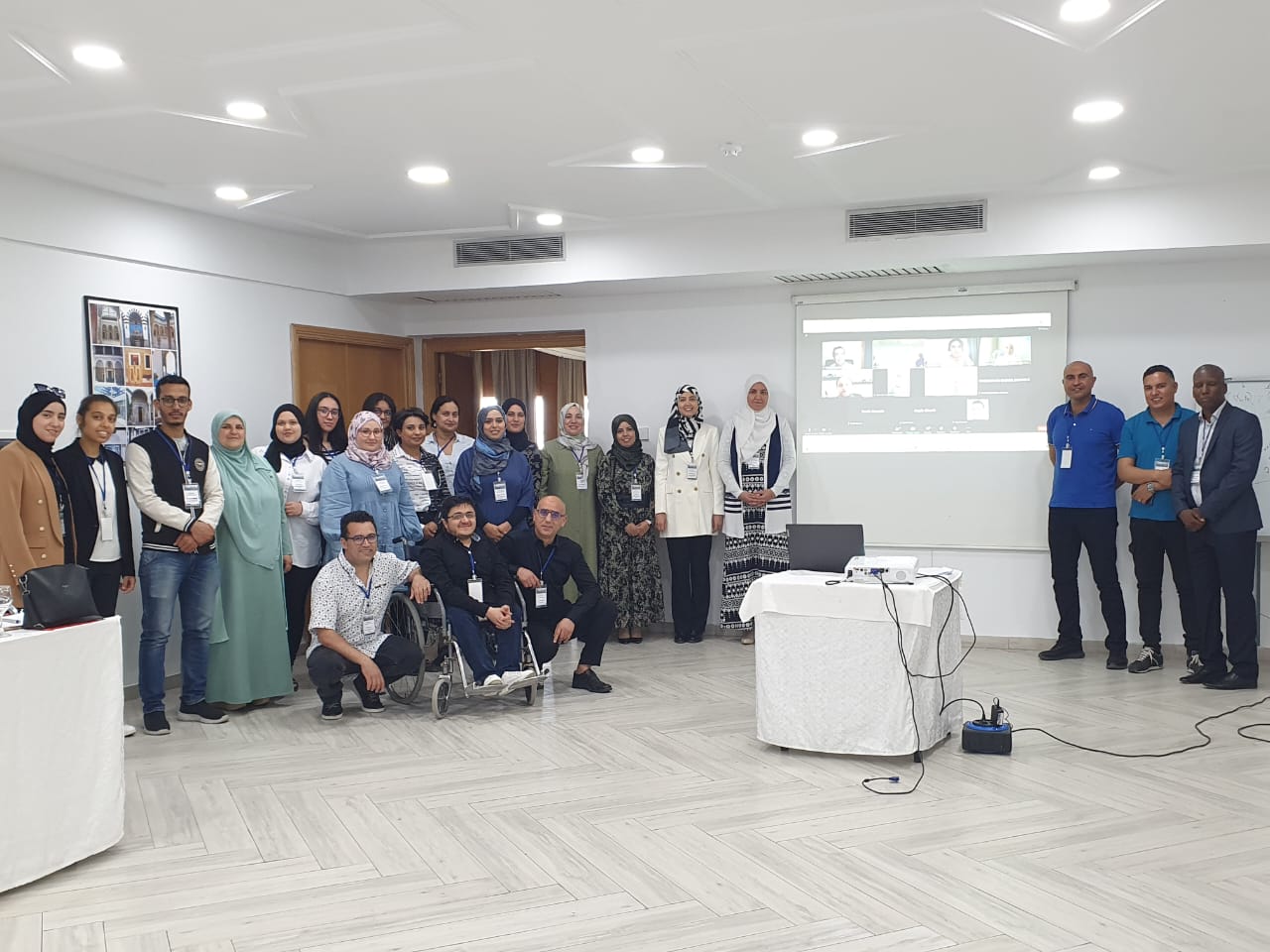
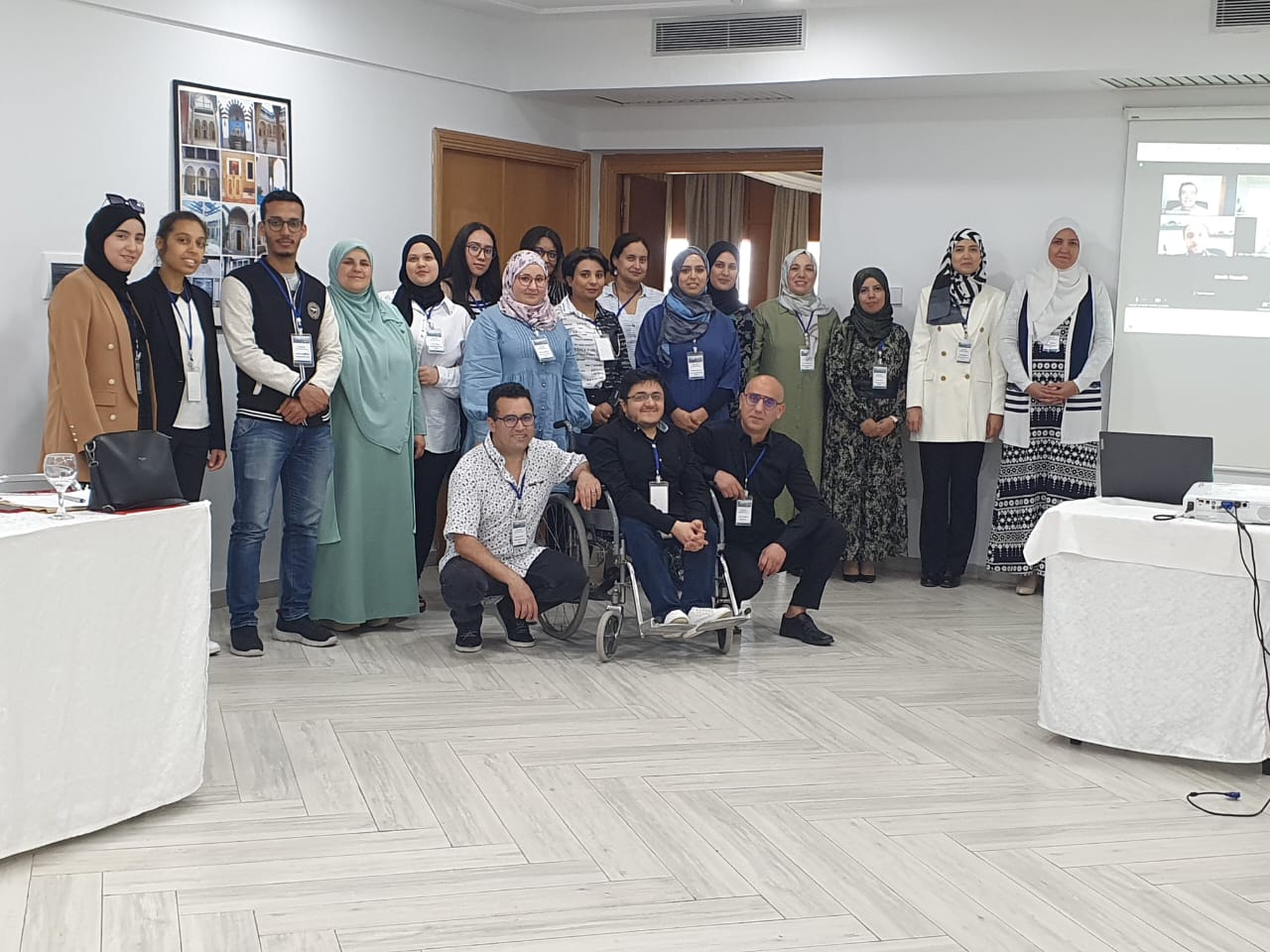
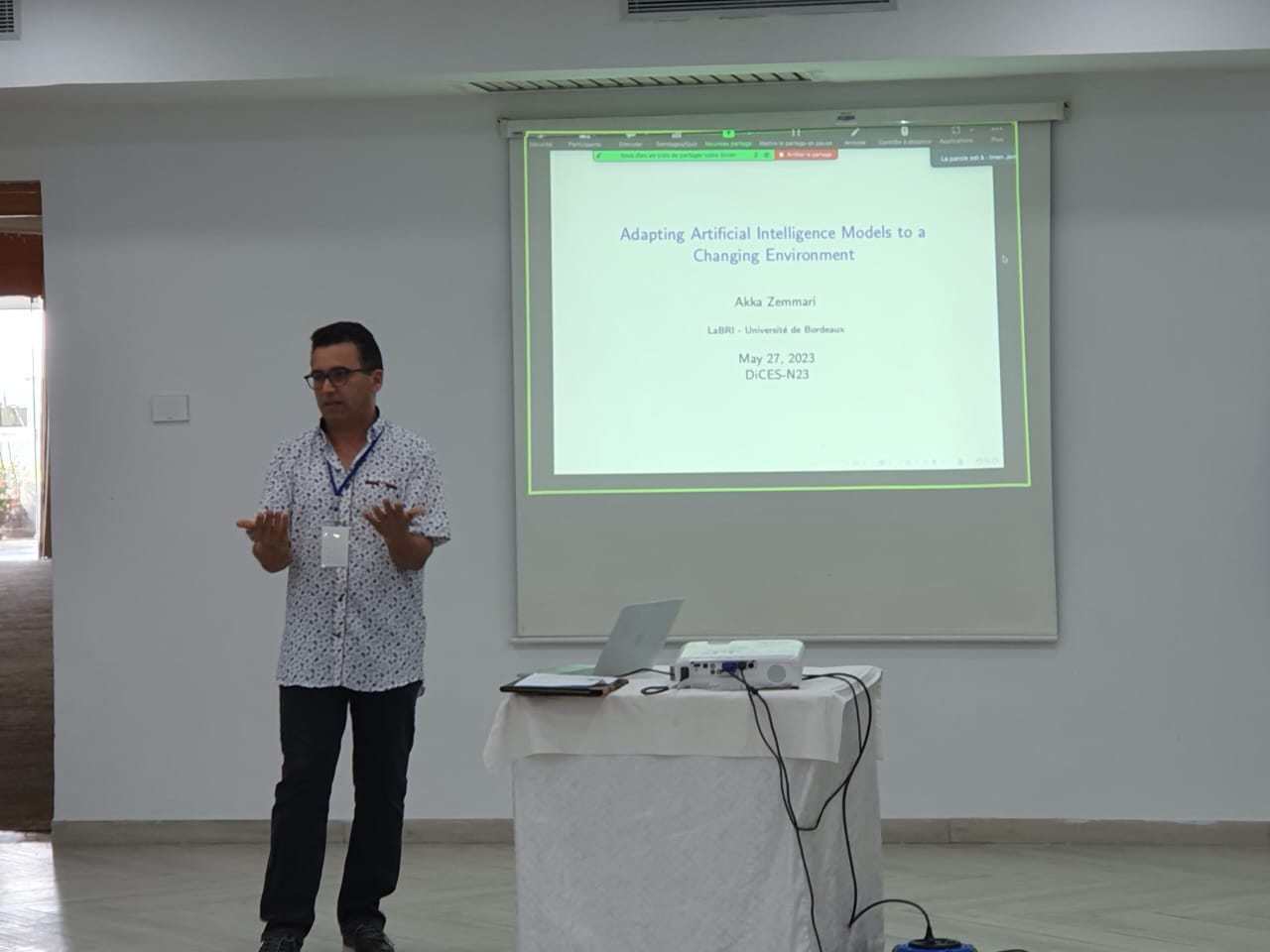
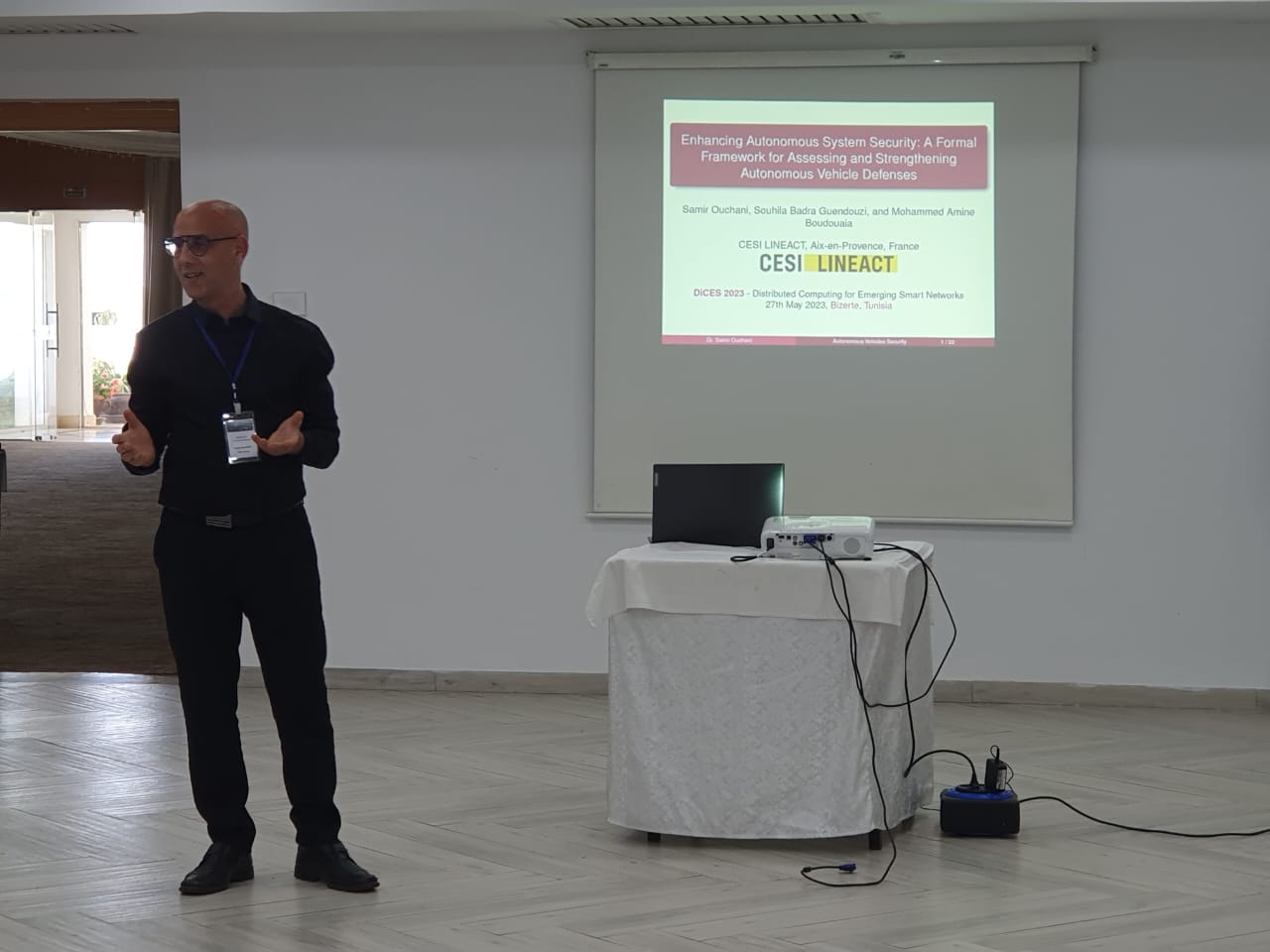
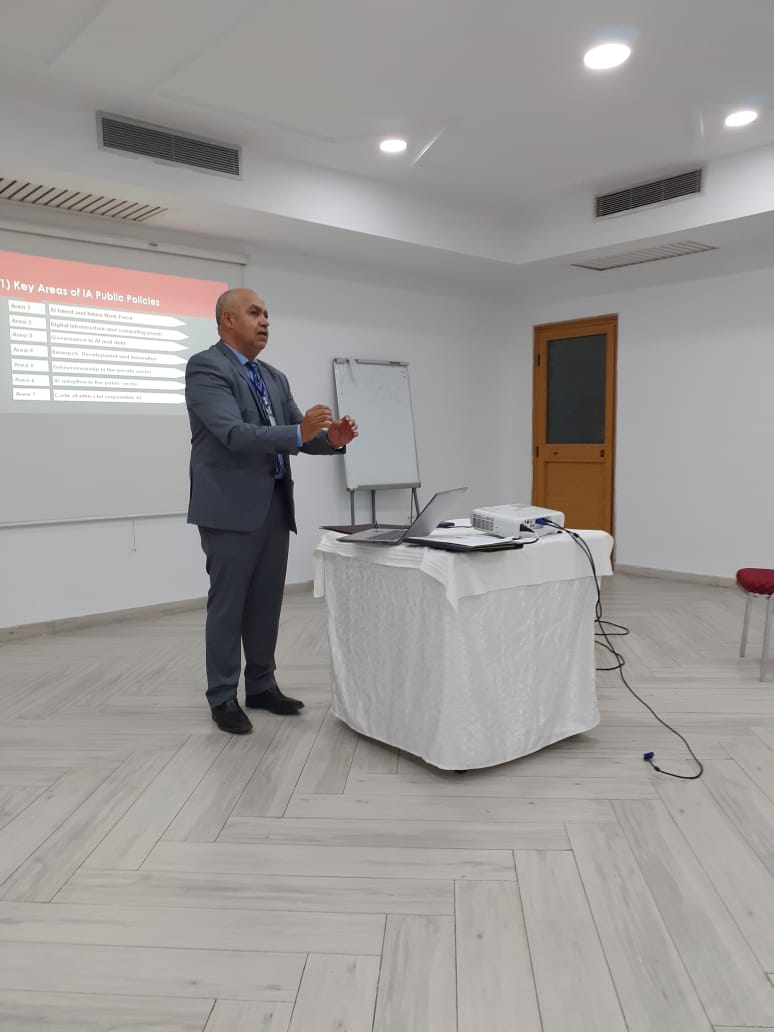
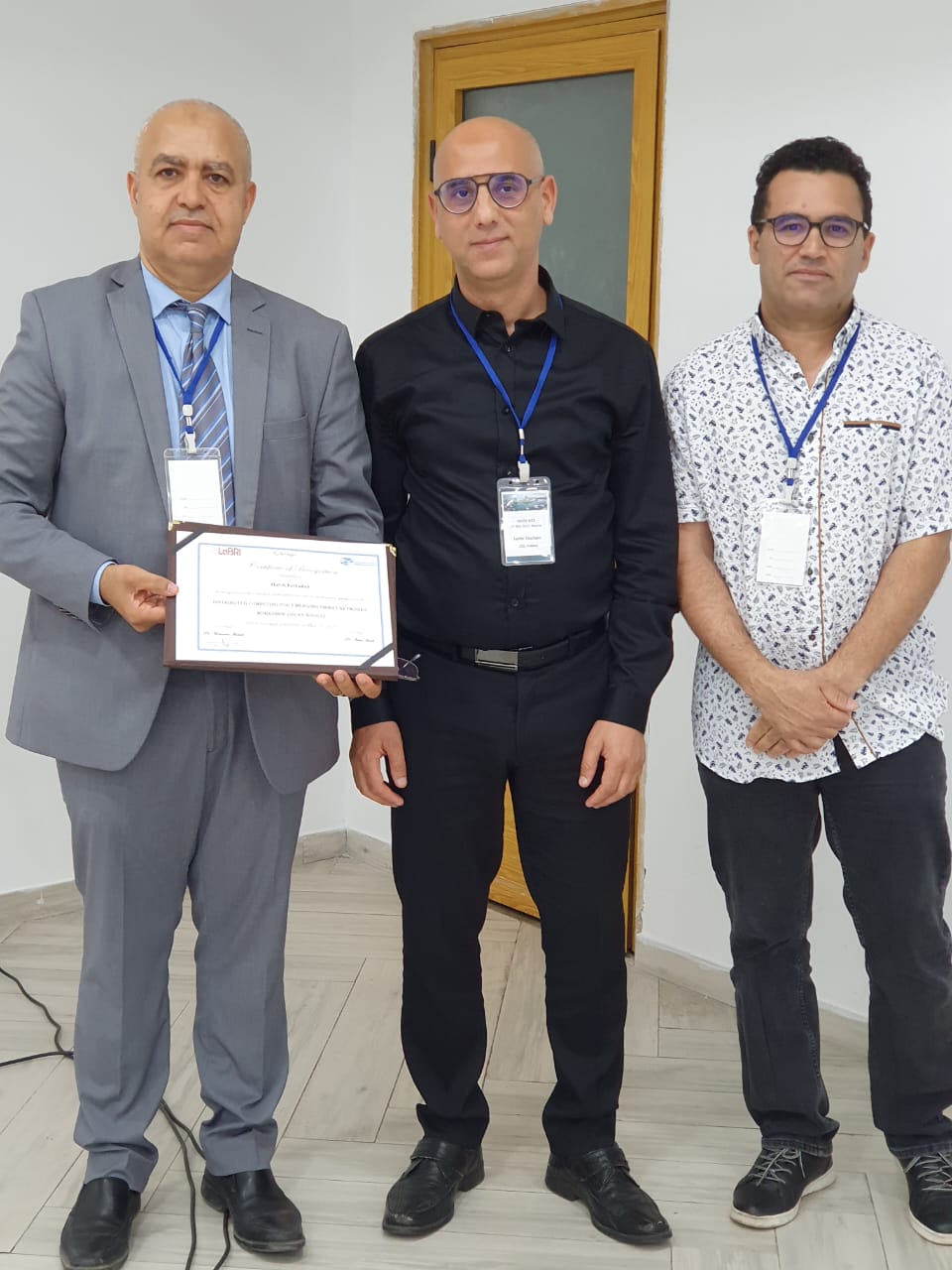
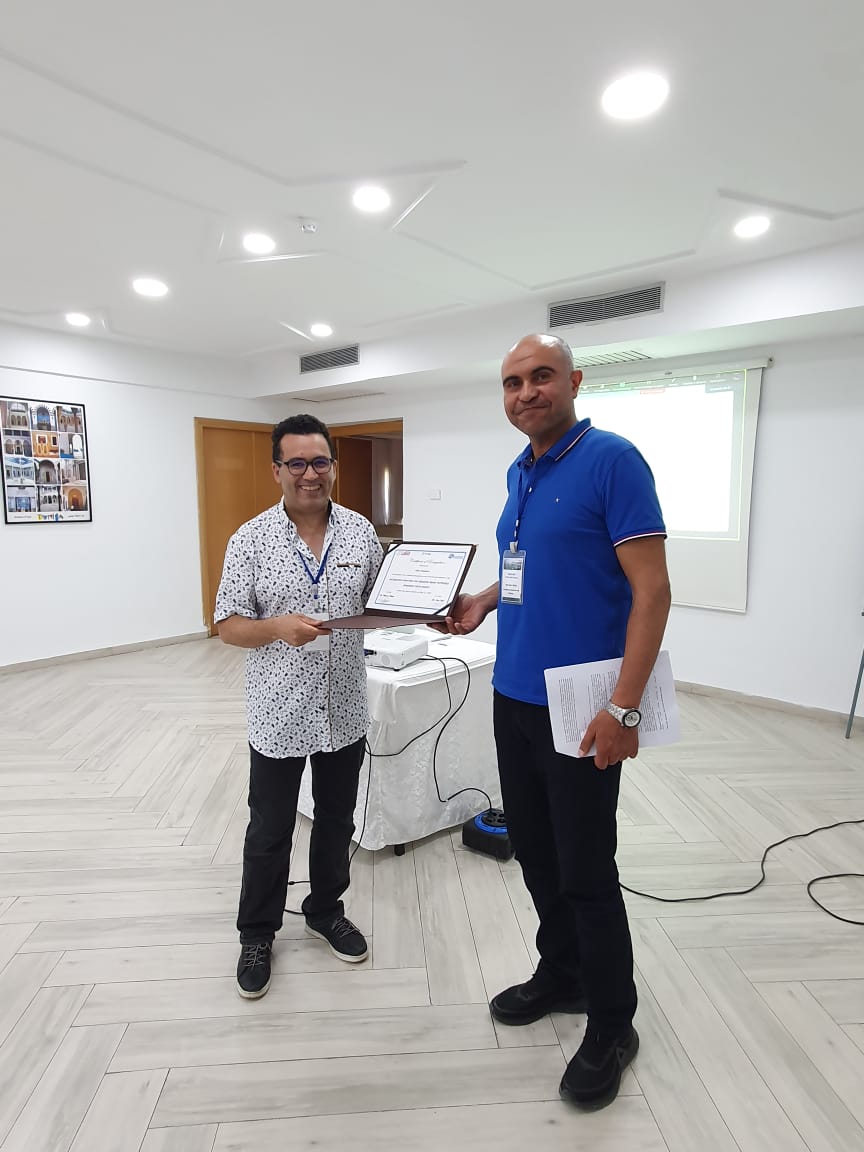
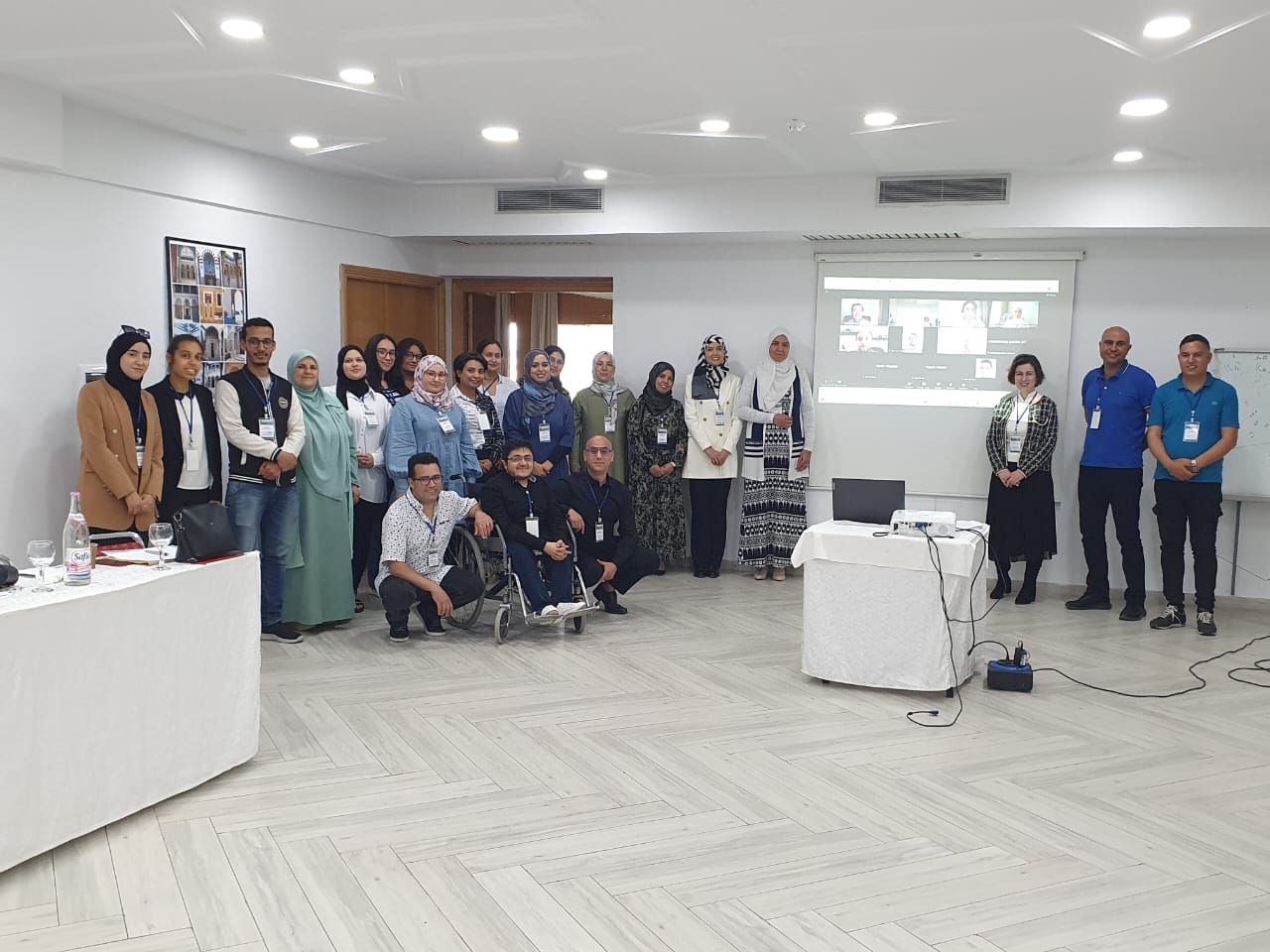
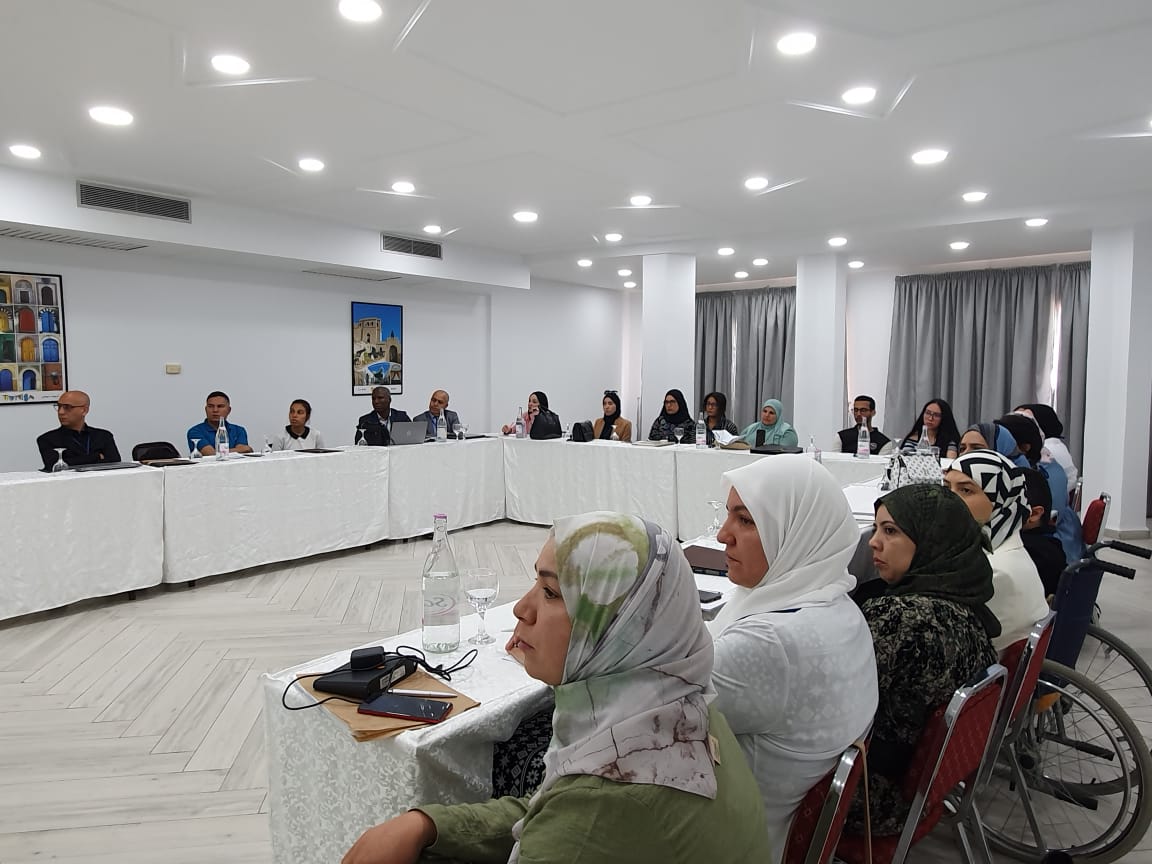
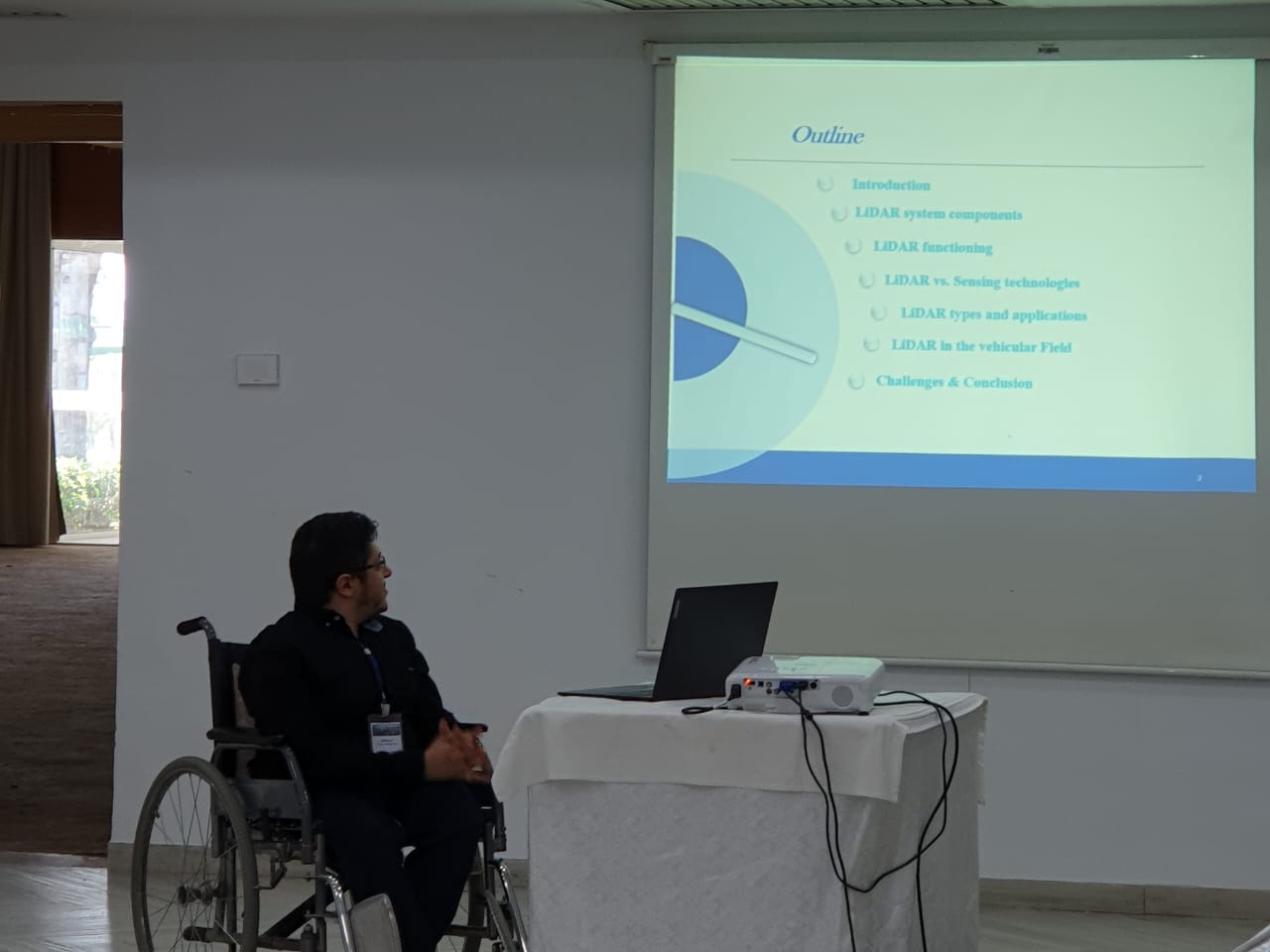
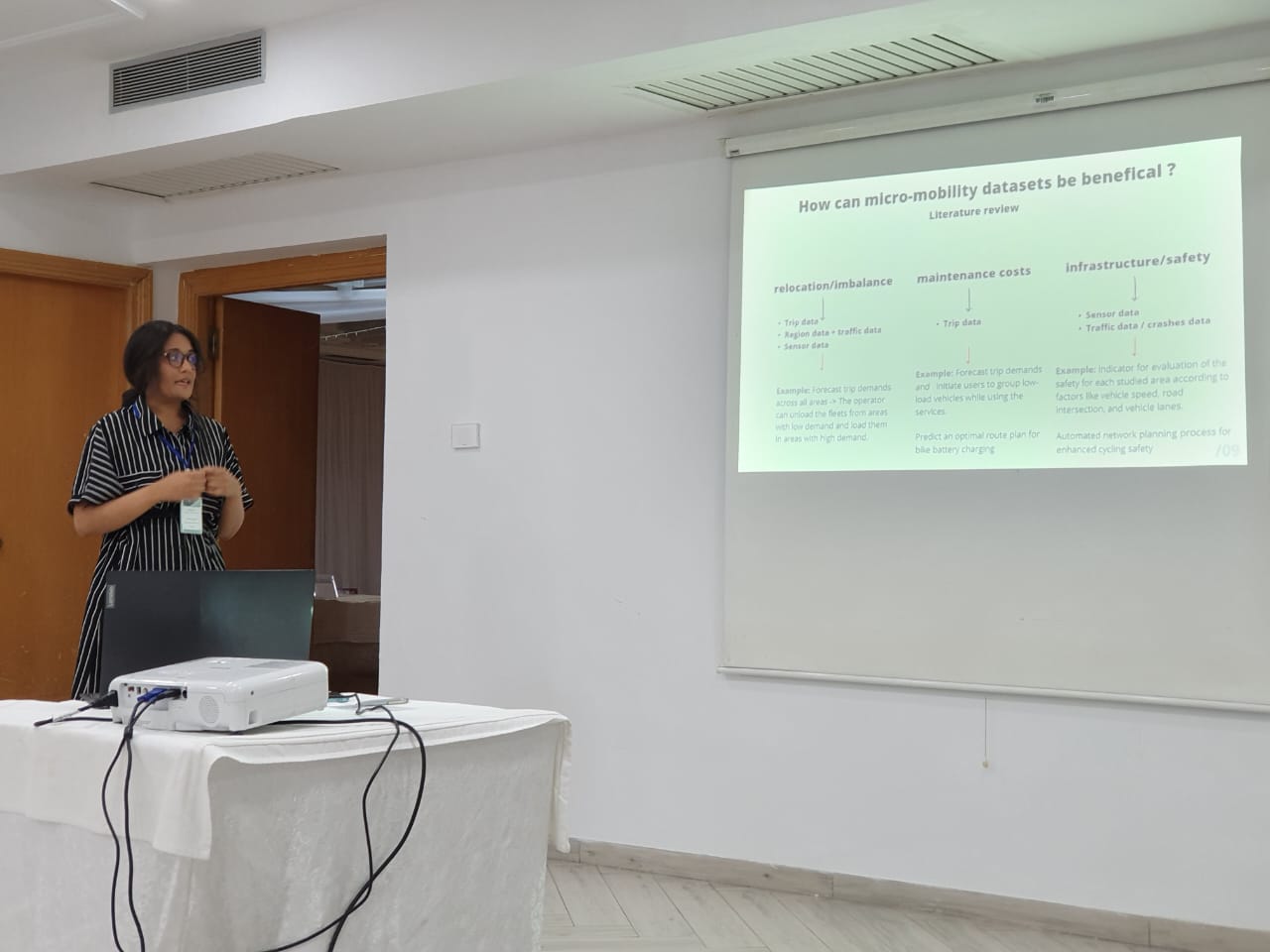
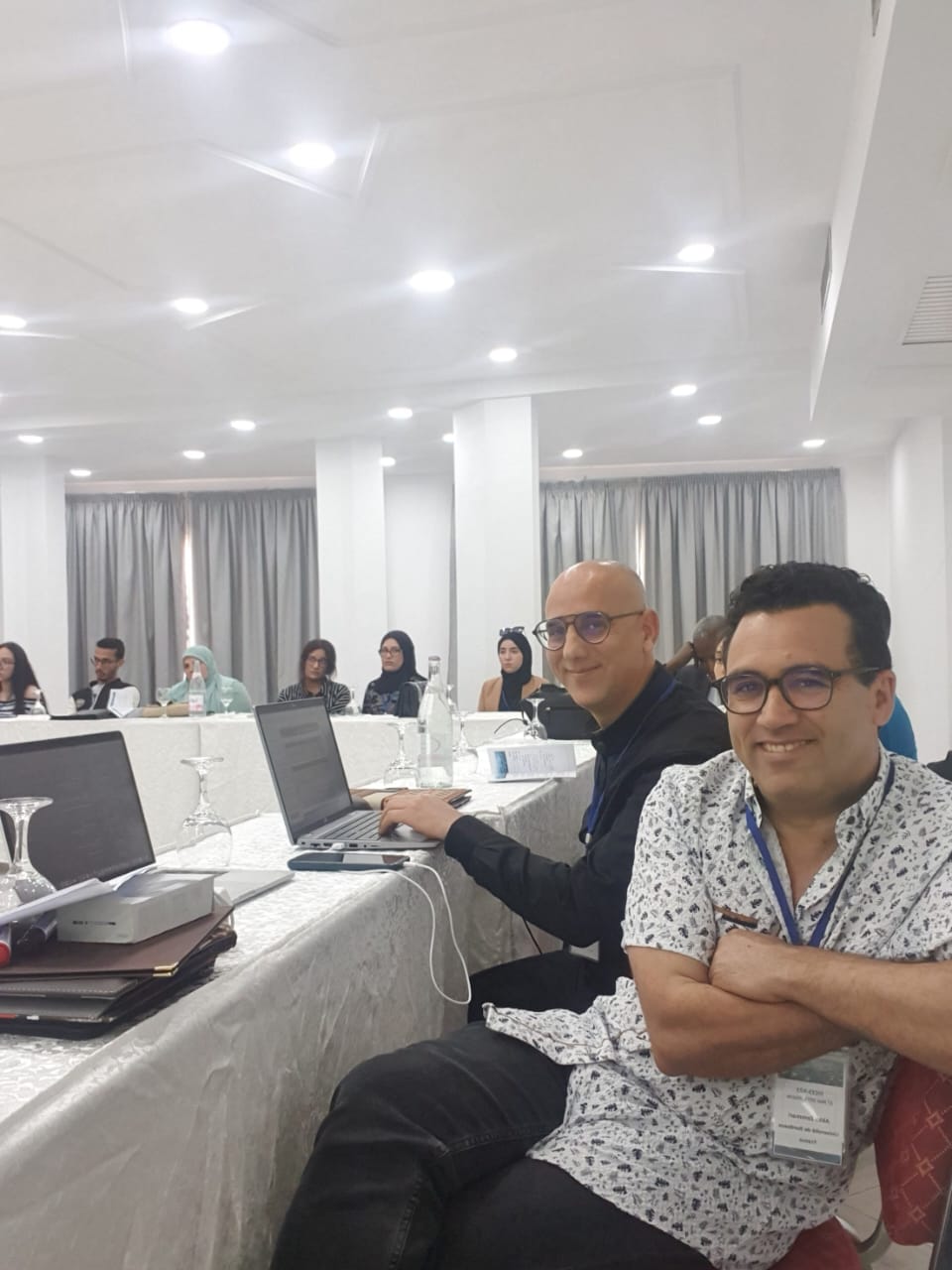
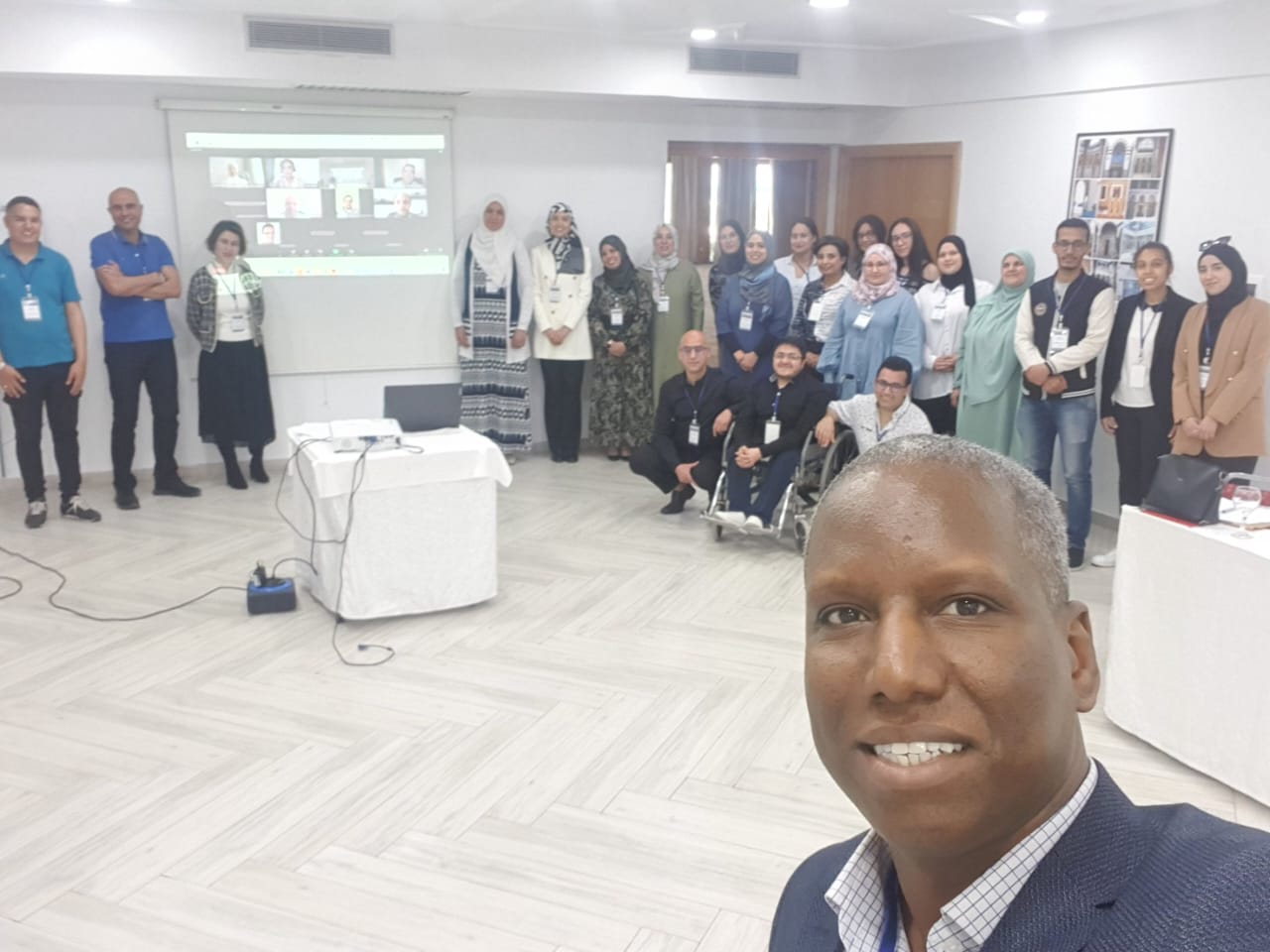
STAY INFORMED
Don't miss the event!